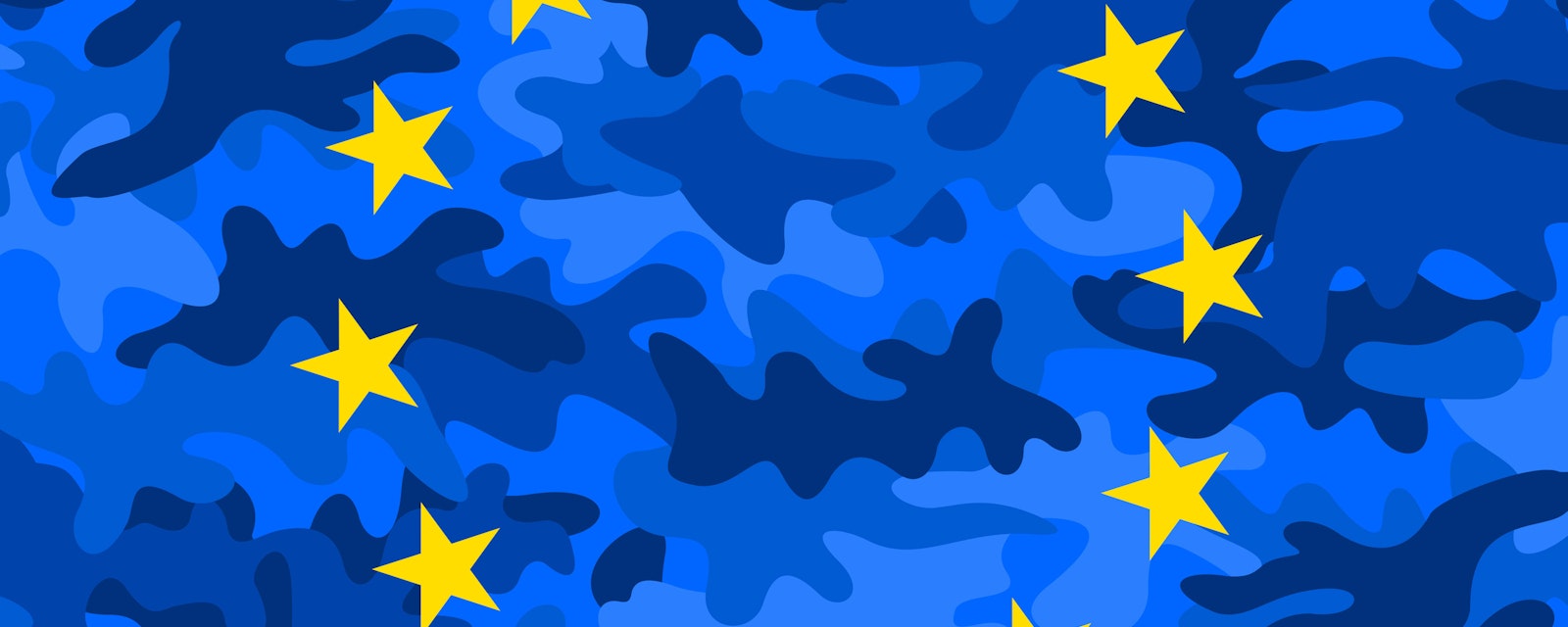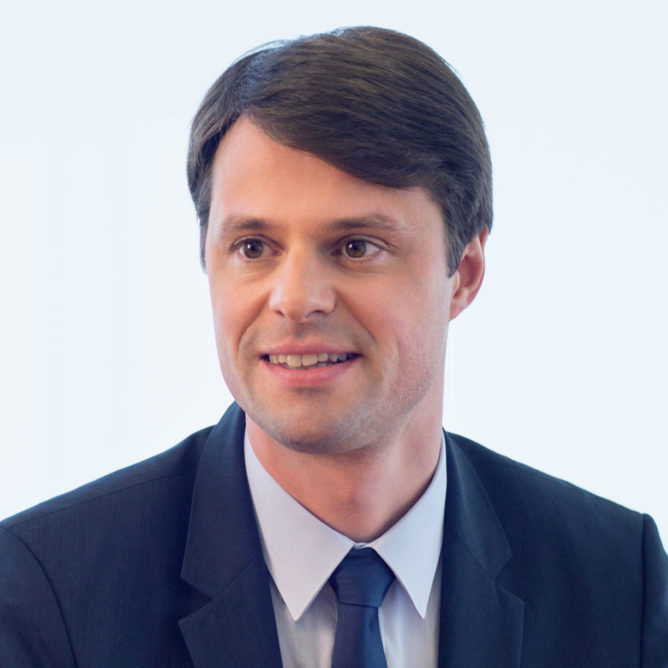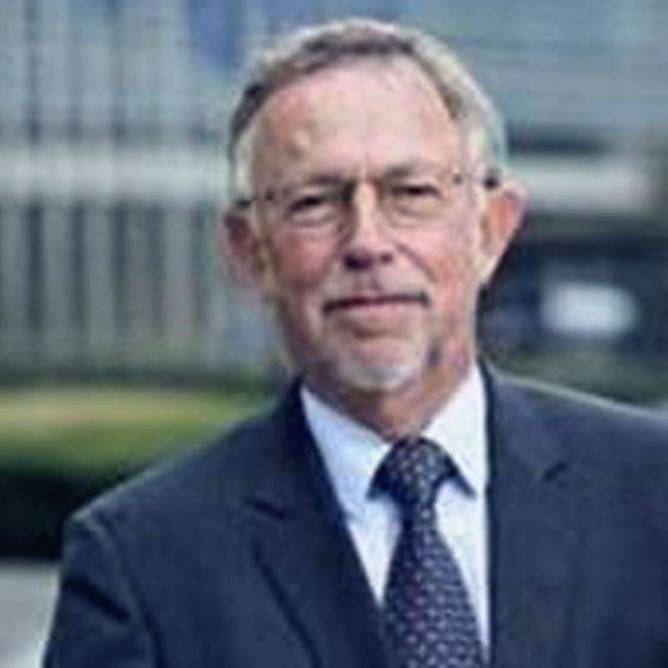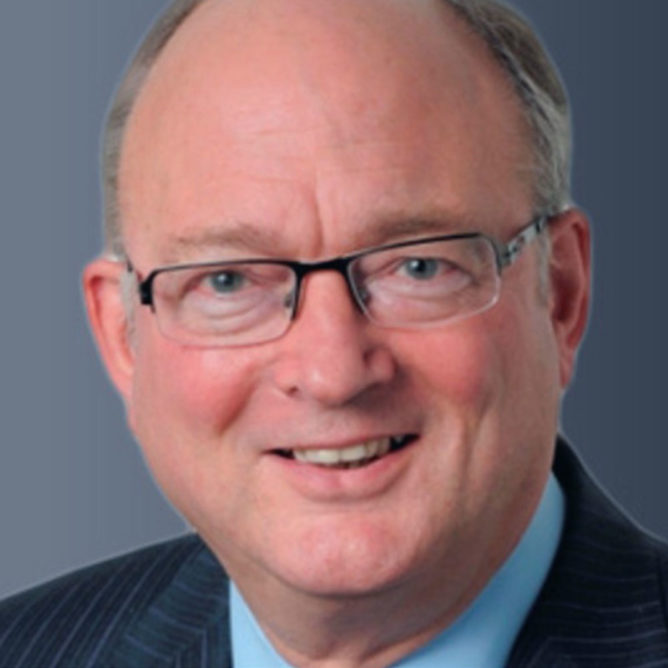European defence and security are on the move. For European industry, this means new opportunities. For the UK and the US, the opportunities come with challenges.
The European Union has rapidly developed new frameworks and funds in defence and security, to an extent previously unseen. Notably, new budgets have been allocated, new structures created, and there has been a significant legal breakthrough, allowing the EU to deal in these issues more actively for the first time.
For industry, in Europe and around the world, these developments are of great significance. Many new opportunities will arise, alongside many new challenges. The next generation of new European platforms and capabilities will now be created, it is imperative for all interested industries to be part of this process. Twenty-five of twenty-seven EU member states have already signed up: they are the customers in a market worth upwards of €200 billion.
A changing world
The rapid evolution in EU defence and security is not a matter of chance: it is the logical outcome of a rapidly changing world. Following the Cold War, the EU enjoyed more than two decades of calm and stability. But now, it has suddenly found that both friends and foes are in flux – as well as the union itself, and its citizens. These realities can all be seen in a number of core trends that have together driven the developments in European defence and security:
- An increase in threats – be it a revanchist Russia, violent unrest in the Middle East and North Africa, or the wave of terrorist attacks that swept through the EU member states in 2015-16, coupled with the waves of migration hitherto unseen.
- Popular demand for security – such as never before. The EU has traditionally been seen as a peace project of trade, economics and open borders. However, on the back of increasing terrorism and a sense of insecurity, citizens have increasingly placed security as a top concern, demanding the EU become a security provider.
- The passage of time – the ESDP (European Security and Defence Policy) emerged some twenty years ago, largely in response to the perceived inadequacy of the EU during the Balkan wars. Like most defence and strategic projects, it has now reached the point of maturity.
- Brexit – the UK traditionally blocked most attempts to evolve EU defence and security capabilities, largely for fear of duplicating or undermining NATO; its scheduled departure has seen a barrier lifted. At the same time, it has created a potential challenge to both UK and non-European industries headquartered there.
- Transatlantic relations – the Trump administration has repeatedly cast doubt upon US commitment both to NATO and European security, forcing Europeans to consider their own capabilities and needs more seriously, for the first time since the end of the Cold War.
Changing structures
Possibly the most significant sign of seriousness in the EU approach to defence and security is the creation of three new structures: PESCO, CARD and the EDF.
- PESCO – Permanent Structured Cooperation – is the broad, EU Treaty-bound framework. By the end of 2017, 25 of the 27 EU member states (not including the UK) had decided to join the initiative, and the Council had adopted a decision establishing PESCO.
- CARD – Coordinated Annual Review on Defence – is to be a systematic monitoring of national defence spending plans by the European Defence Agency (EDA), which will help identify opportunities for new collaborative initiatives.
- EDF – the European Defence Fund – will provide financial incentives to foster defence cooperation from research to the development phase of capabilities including prototypes. Until 2020, the fund will provide financing of €500 million per year, and after that it is expected to grow to €1 billion per year. The EDF is projected to leverage national financing with an expected multiplying effect of 5. It could therefore generate a total investment in defence capability development of €5 billion per year after 2020.
Changing opportunities - and challenges
A list of 17 projects to be undertaken in the first phase of the framework will be decided in early 2018. These will range across broad capability development as well as operational projects such as the establishment of a European Medical Command, an EU Training Mission Competence Centre, Cyber Rapid Response Teams and Mutual Assistance in Cyber Security, to Military Disaster Relief and an upgrade of Maritime Surveillance.
This is a clear and serious list – and industry clearly has a central role in making it real, and making the new structures work. The new EU vision is founded upon the notion of new capabilities. New capabilities start with new technologies, new platforms, new thinking – and above all, new partnerships in many industries, including: aerospace, defence, cyber, digital, security, automotive, transport and many others.
Teneo can assist in forging and maintaining these new relationships and partnerships. With very senior expertise in both defence and aerospace and in the EU and NATO, it is the premier consultancy to help navigate the possibilities of the new EU defence and security agenda – and help overcome the challenges it poses.
We offer:
- In-depth analysis and background to developments
- Incisive and exclusive insights into the decision-making process
- Advice on specific interests
- Positioning and advocacy dedicated to the correct audiences
- Policy and business strategy alignment
RUUD WASSEN
Managing Director Ruud has 15 years' experience in Brussels. A specialist in European legislative and regulatory advocacy, pan-European integrated campaigns, strategy development, litigation support and company positioning, Ruud has been helping companies with their EU engagement. He has a Master’s degree in War Studies from King's College in London. Ruud.Wassen@TeneocabinetDN.com

Senior Adviser Dr Ilana Bet-El is a senior strategist, specializing in geostrategy and military affairs. A former senior policy adviser in the UN, she has over twenty-five years’ experience in advising governments, militaries and the private sector on policy, risk and reputation in the EU, the Trans-Atlantic community and NATO. With a background in the media and academe, she is a Senior Visiting Fellow at the Department of War Studies, King's College London, and sits on the Advisory Board of Women in International Security (WIIS). She holds a PhD from University College London and has published and lectured widely. Ilana.Bet-El@TeneocabinetDN.com
POUL SKYTTE CHRISTOFFERSEN
Senior Adviser Poul has 30 years' experience in the EU institutions, as Permanent Representative of Denmark to the EU and member of the Cabinet of two European Commissioners. In 2009 he became ambassador to the EU for the second time, a role which he gave up when becoming Special Adviser to Baroness Catherine Ashton, High Representative of the Union for Foreign Affairs and Security Policy. He helped Catherine Ashton set up the European External Action Service (EEAS). Poul.Christoffersen@TeneocabinetDN.com
MALCOLM HARBOUR CBE
Senior Adviser Malcolm Harbour served 15 years as Conservative MEP for the West Midlands, and was Chairman of the Internal Market and Consumer Protection Committee (IMCO) from 2009 to 2014. He was a key player in shaping policies and legislation for the single market, manufacturing industry, the digital economy, research and consumer protection. For 12 years he was Vice President of the European Parliament’s Science and Technology Foresight Panel. He was appointed a CBE for services to the UK economy in 2013. Malcolm.Harbour@TeneocabinetDN.com








